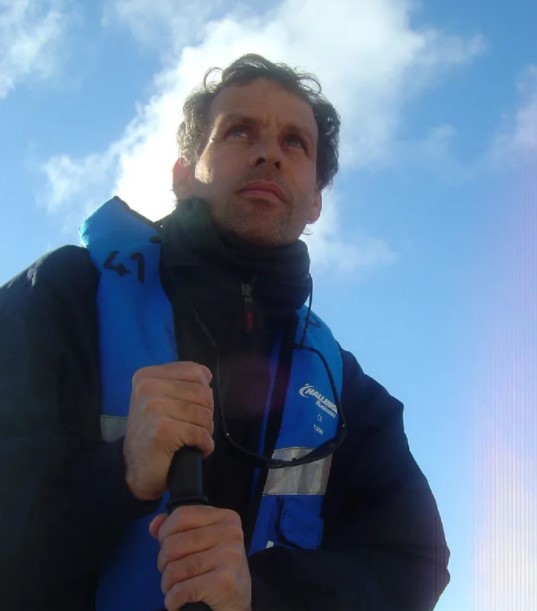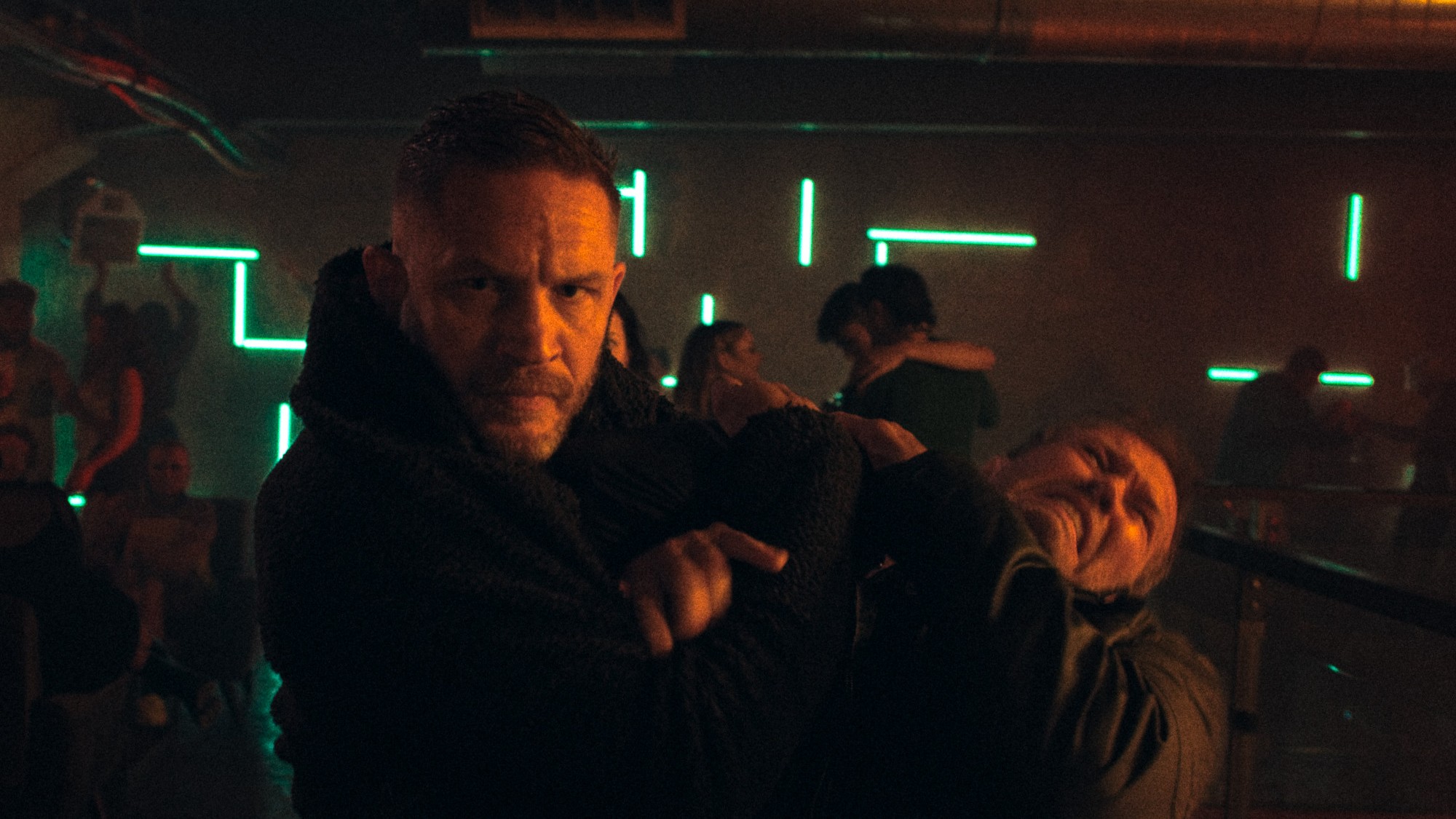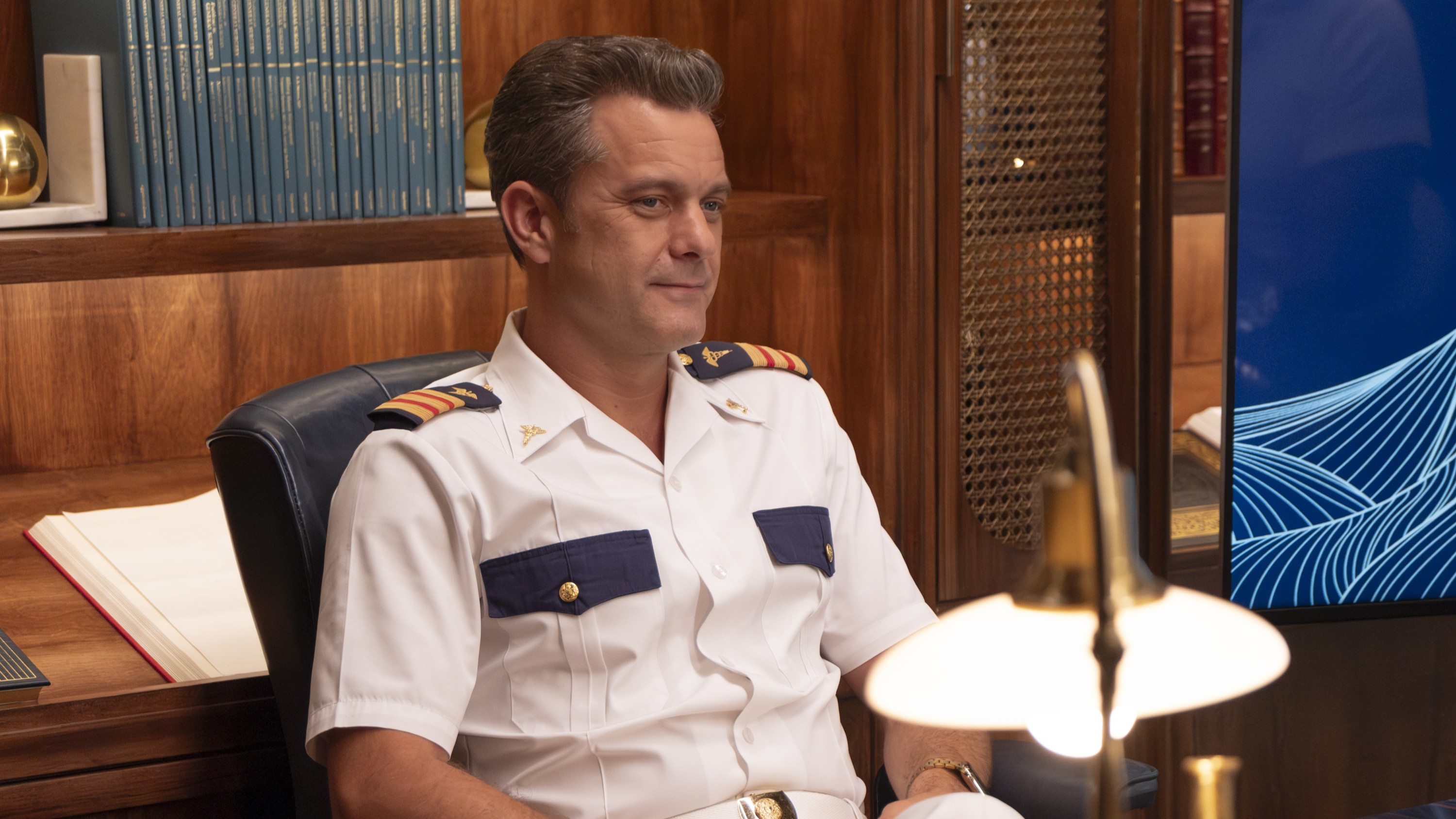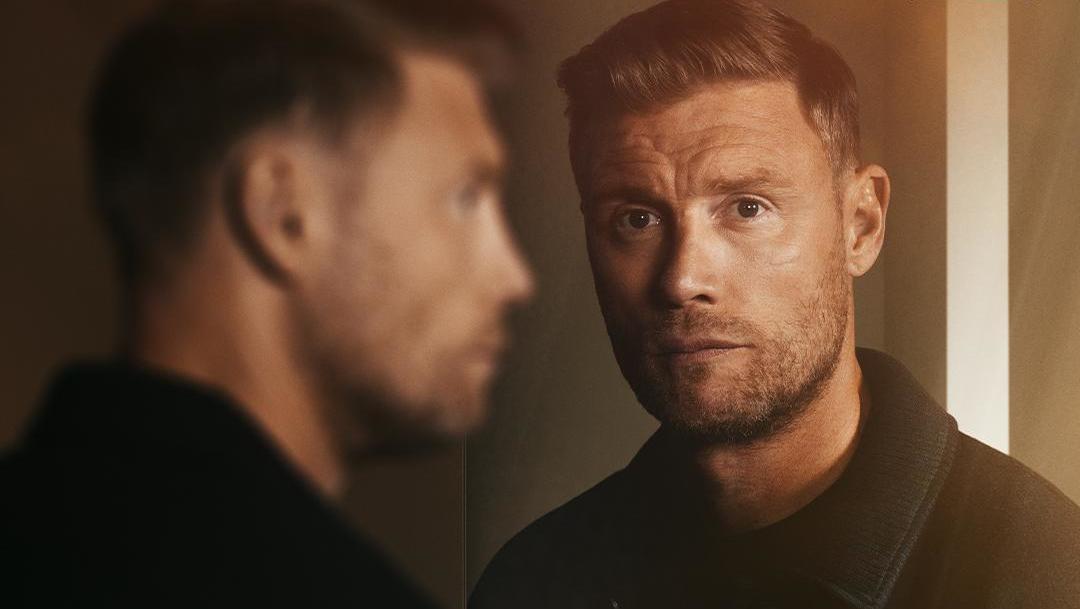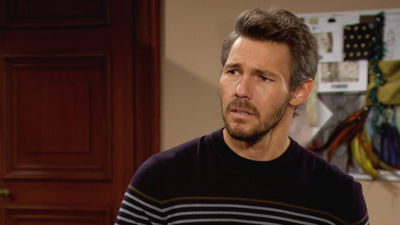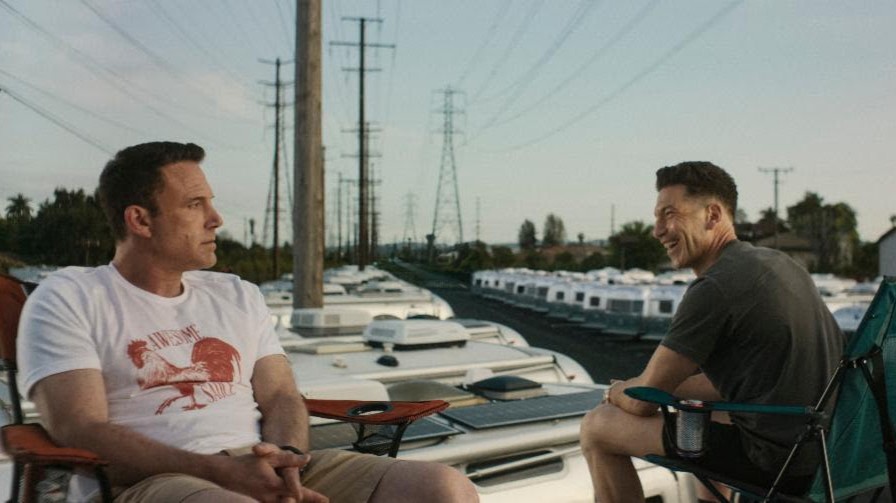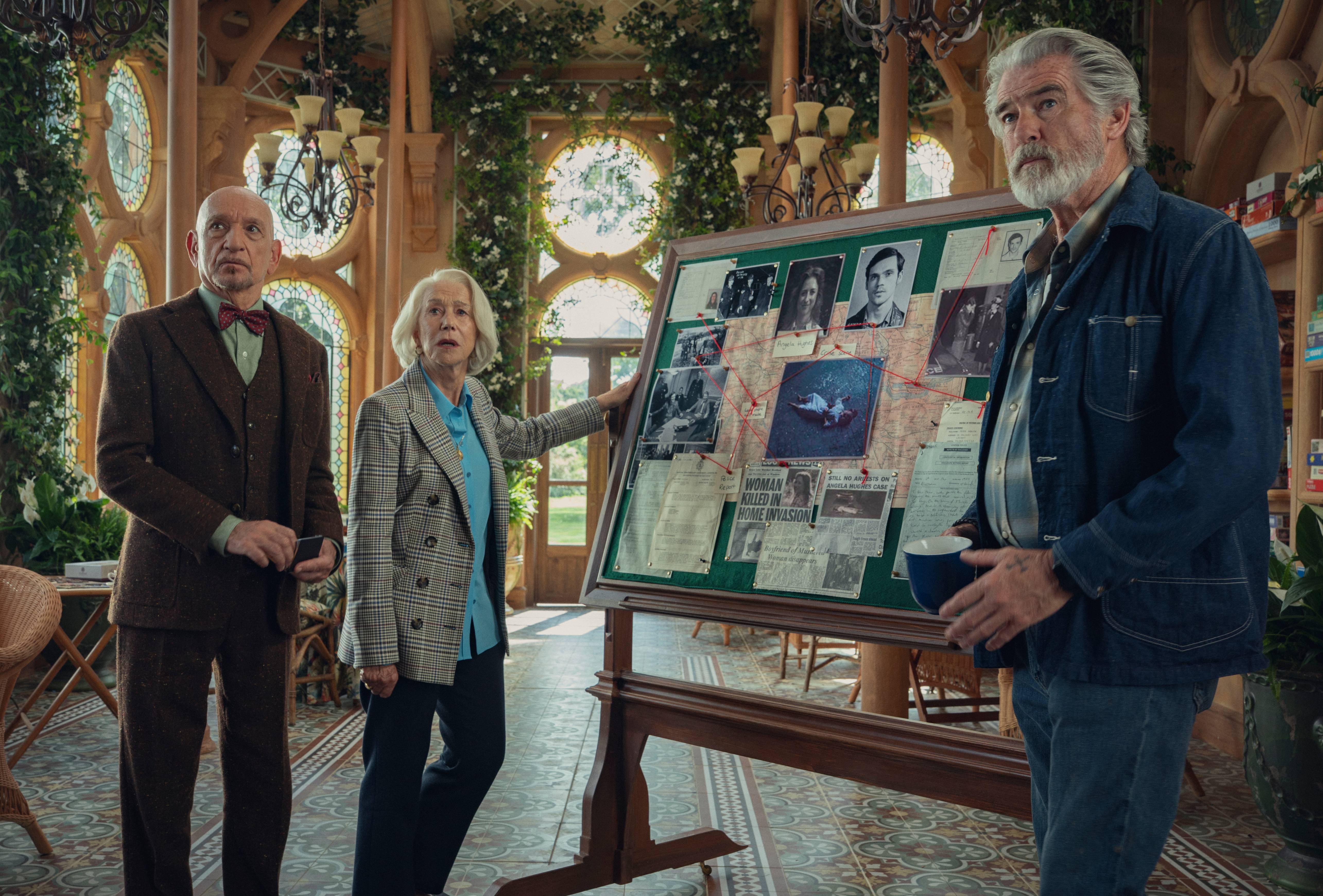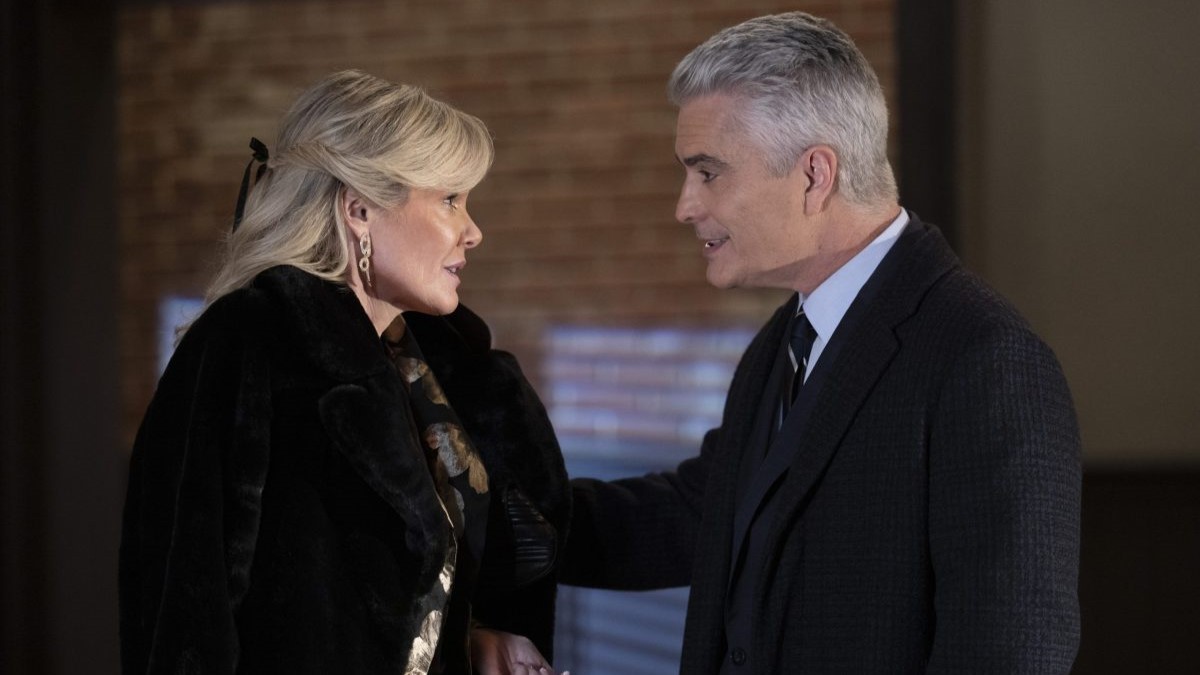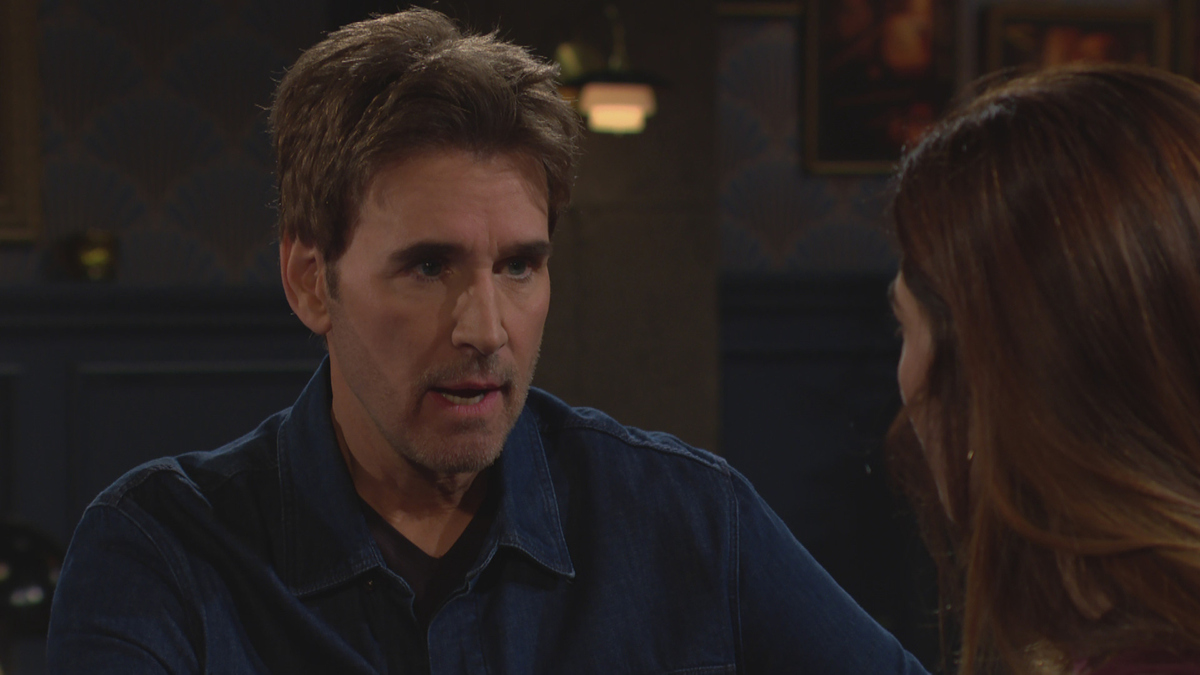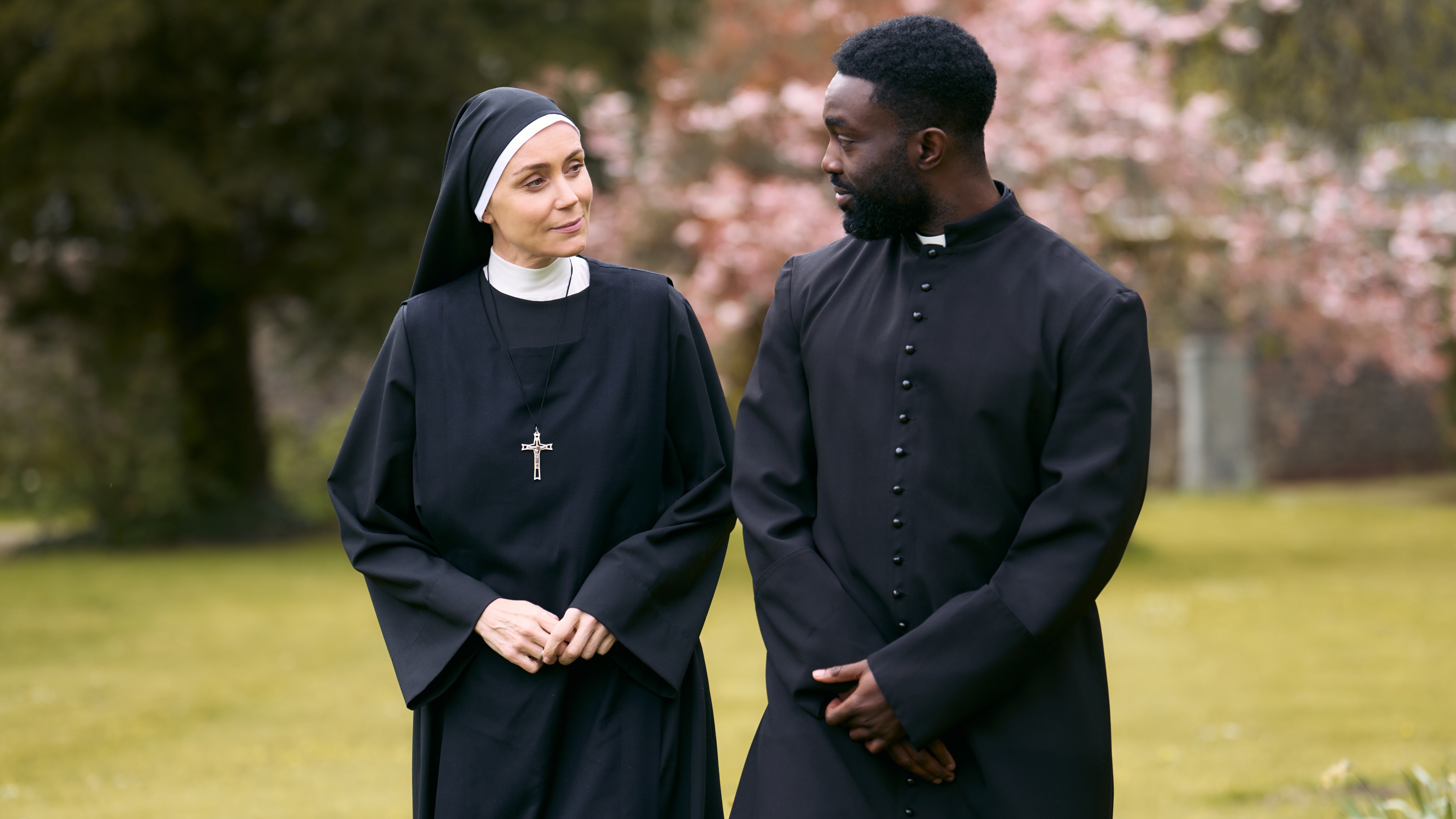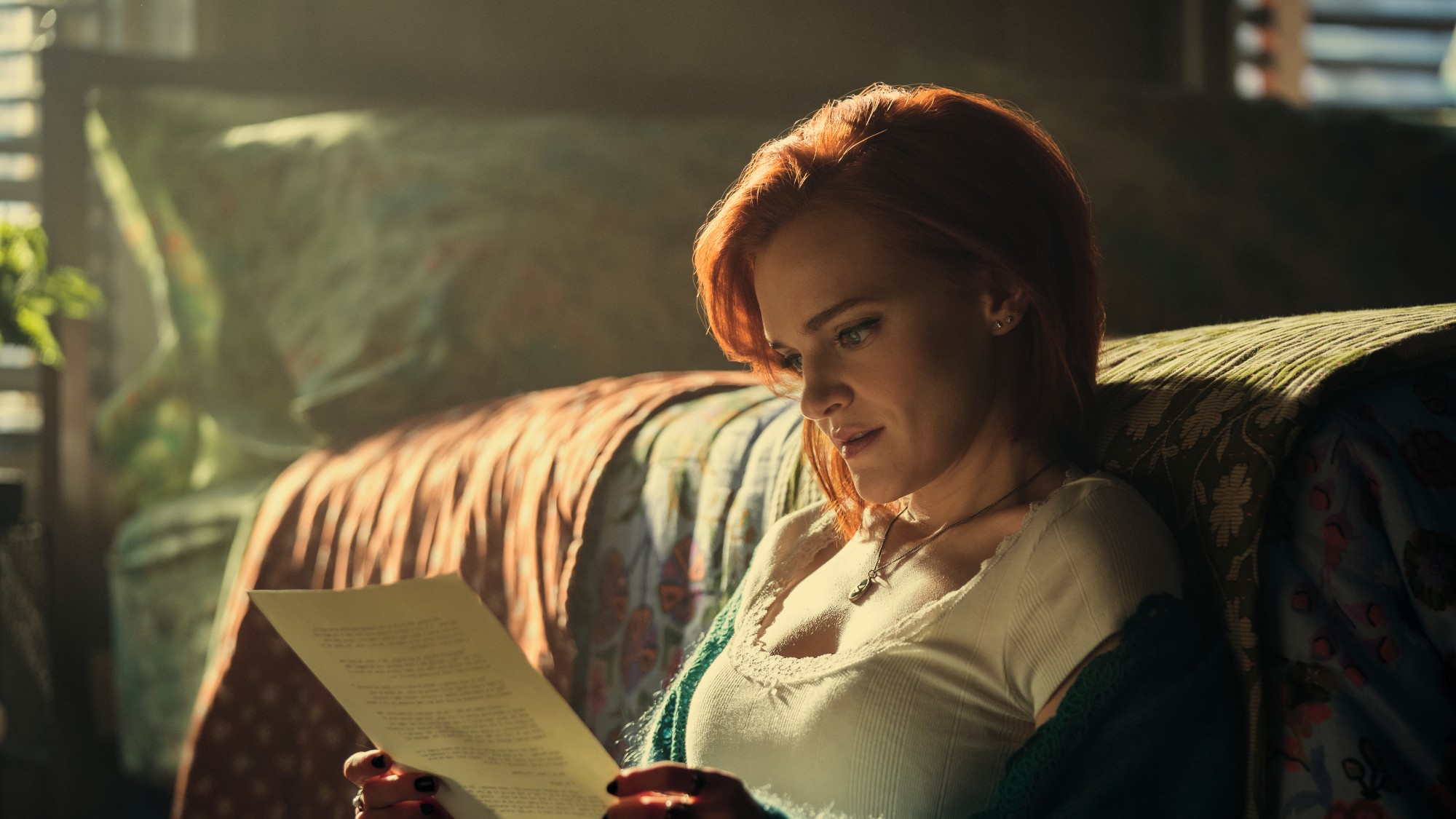The Great White Silence - Herbert Ponting's classic documentary about Captain Scott's doomed expedition to the South Pole
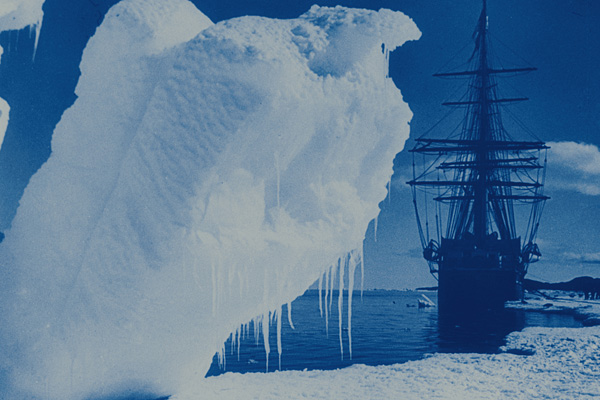
Forget 3D. For a fully immersive cinematic experience it’s hard to improve upon the London Film Festival's Archive Gala screening of The Great White Silence – Herbert Ponting’s stunning documentary about Captain Scott’s ill-fated Polar Expedition of 1910-12.
First, a brisk walk across a chilly Leicester Square to produce some bodily empathy with those freezing explorers, then some inspired musicians creating a live, semi-improvised score, and finally the film itself, ravishingly restored by the BFI National Archive.
The Great White Silence truly is awesome. Ponting, who set sail with the British Antarctic Expedition a hundred years ago as its official photographer and cinematographer, captured images that still have the power to stun the eye and touch the heart.
Some of Ponting's images are surprisingly expressionist. When the film was first released in 1924 the prints were tinted and toned to give individual scenes an emotional resonance rather than documentary realism. Following Ponting's instructions, the BFI restorers have digitally reproduced these effects giving certain episodes an arresting blue or green, yellow or violet tint.
Elsewhere, nature is remarkable enough on its own, witness the sight of newly forming ice looking bizarrely like Monet's water lilies, filmed by Ponting from the side of the Terra Nova, the former whaling ship that took the expedition to the Antarctic in 1910.
You see the explorers larking about on board the Terra Nova, as well as scenes of life in camp, including a spirited but icy game of football. Anticipating David Attenborough by more than half a century, Ponting also filmed extensive footage of the local wildlife. Look out for Chaplinesque penguins, lumbering seals and menacing killer whales.
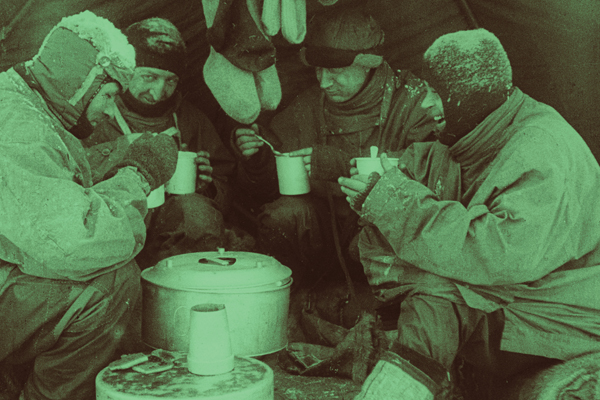
Ponting shot scenes of Scott and three of the four companions who would accompany him on the fateful journey, though at the time of filming the team that was to make the final trek to the Pole had not yet been chosen. We see them cheerfully manhauling their sledge, as well as cooking and sleeping in their tent. Their tragic fate, dying on the return trip after discovering that Norwegian rival Roald Amundsen had beaten them to the Pole, gives the images a terrible poignancy.
Get the What to Watch Newsletter
The latest updates, reviews and unmissable series to watch and more!
The sight of the men laboriously wriggling into the sleeping bags echoes the clumsy movements of the seals forcing their way on land. It’s comic, until you remember that those very sleeping bags would become the men’s shrouds.
It’s surprising just how affecting the story of Scott and his companions still is. We may now find it hard to identify with derring-do for the “glory of the Empire”, but it’s hard not to be moved by the men’s bravery and stoicism. Who isn’t touched by the final words of Captain Oates as he leaves the tent in a final act of self-sacrifice? "I am just going outside and may be some time."
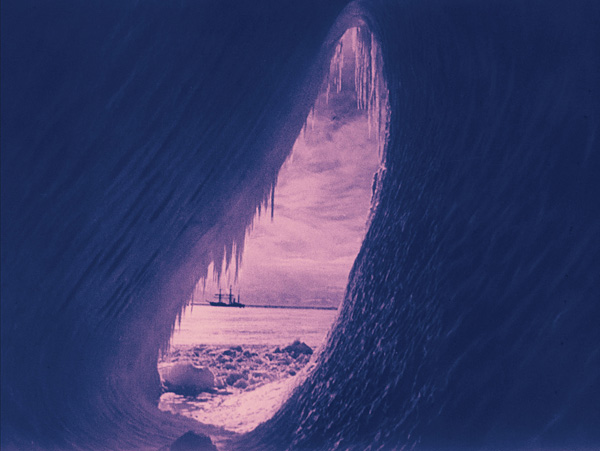
This kind of stiff-upper-lipped fortitude seems today to belong to a different world, but Ponting’s film bridges what could be a chasm between then and now. So does Simon Fisher Turner’s new score for the film, which gets striking results out of a combination of live instruments and voices, found sounds and computer-generated electronica.
Turner deploys the Elysian String Quartet, plus a bass clarinet and concertina, and countertenor Alexander L’Estrange. Fascinatingly, he also uses a recording of the ambient silence in Scott’s cabin in the Antarctic (“a very loud nothing”); the plangent sound of the Terra Nova ship’s bell (now at the Scott Polar Research Institute in Cambridge) and even some of the old jazz and classical 78s enjoyed by the explorers, played on the expedition’s original gramophone.
The resulting soundscape won’t be to all tastes, but for me, it’s incredibly haunting. When the story reaches the explorers' final days and L’Estrange’s lone plaintive voice delivers the hymn 'Abide with M', it doesn’t need to be cold outside to feel a chill.
The BFI will release The Great White Silence in cinemas and on DVD in 2011.
The Great White Silence with James Cracknell, a documentary in which the Olympic gold medalist's 2009 trek to the South Pole is compared with Scott's expedition, will air on Discovery Channel in 2011.
For more background on Ponting and his film, there's an interesting article at silent cinema site The Bioscope.
A film critic for over 25 years, Jason admits the job can occasionally be glamorous – sitting on a film festival jury in Portugal; hanging out with Baz Luhrmann at the Chateau Marmont; chatting with Sigourney Weaver about The Archers – but he mostly spends his time in darkened rooms watching films. He’s also written theatre and opera reviews, two guide books on Rome, and competed in a race for Yachting World, whose great wheeze it was to send a seasick film critic to write about his time on the ocean waves. But Jason is happiest on dry land with a classic screwball comedy or Hitchcock thriller.
